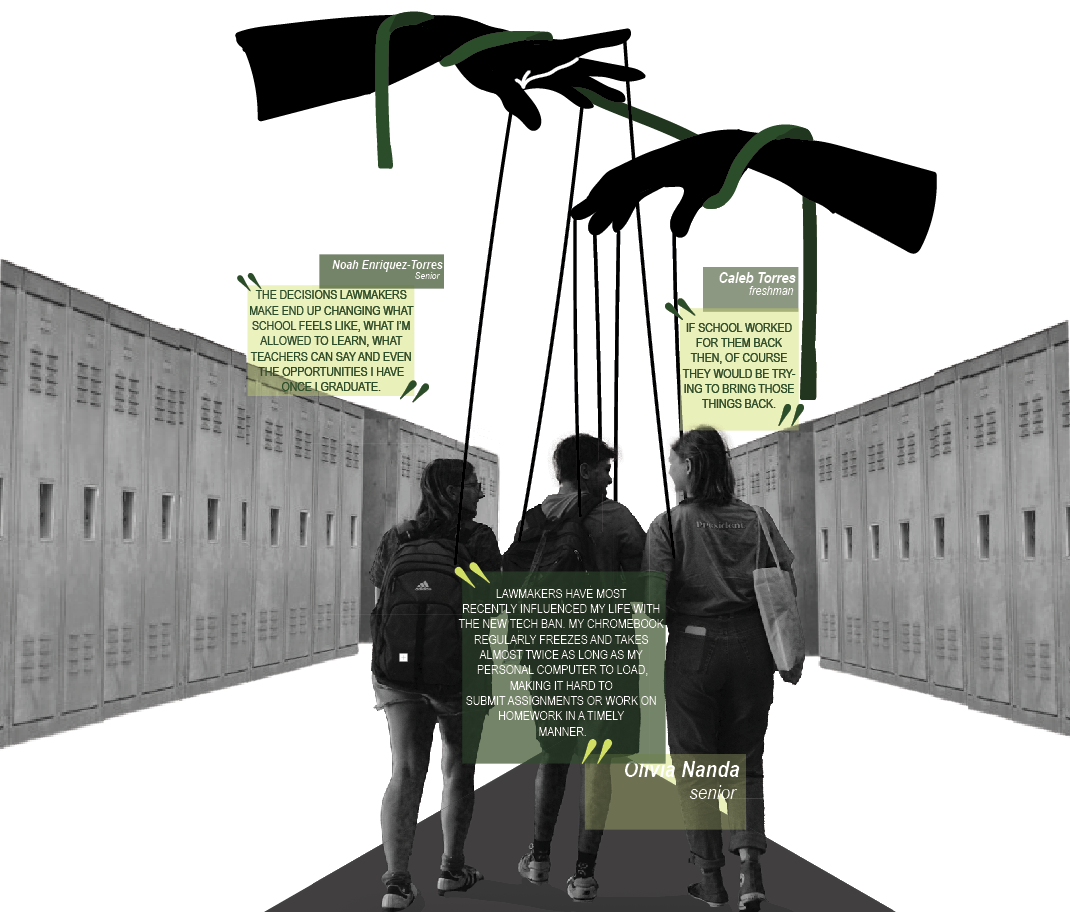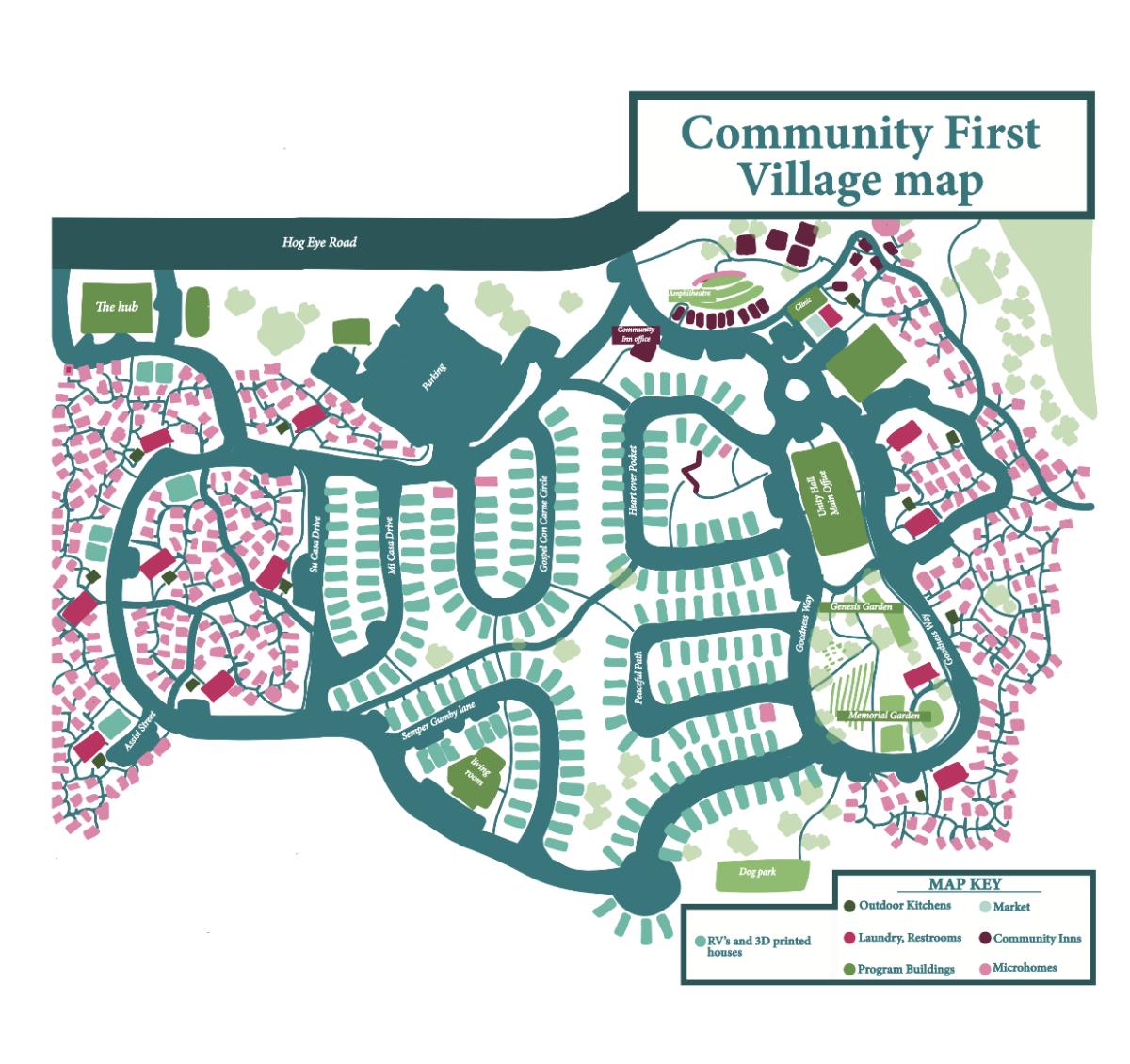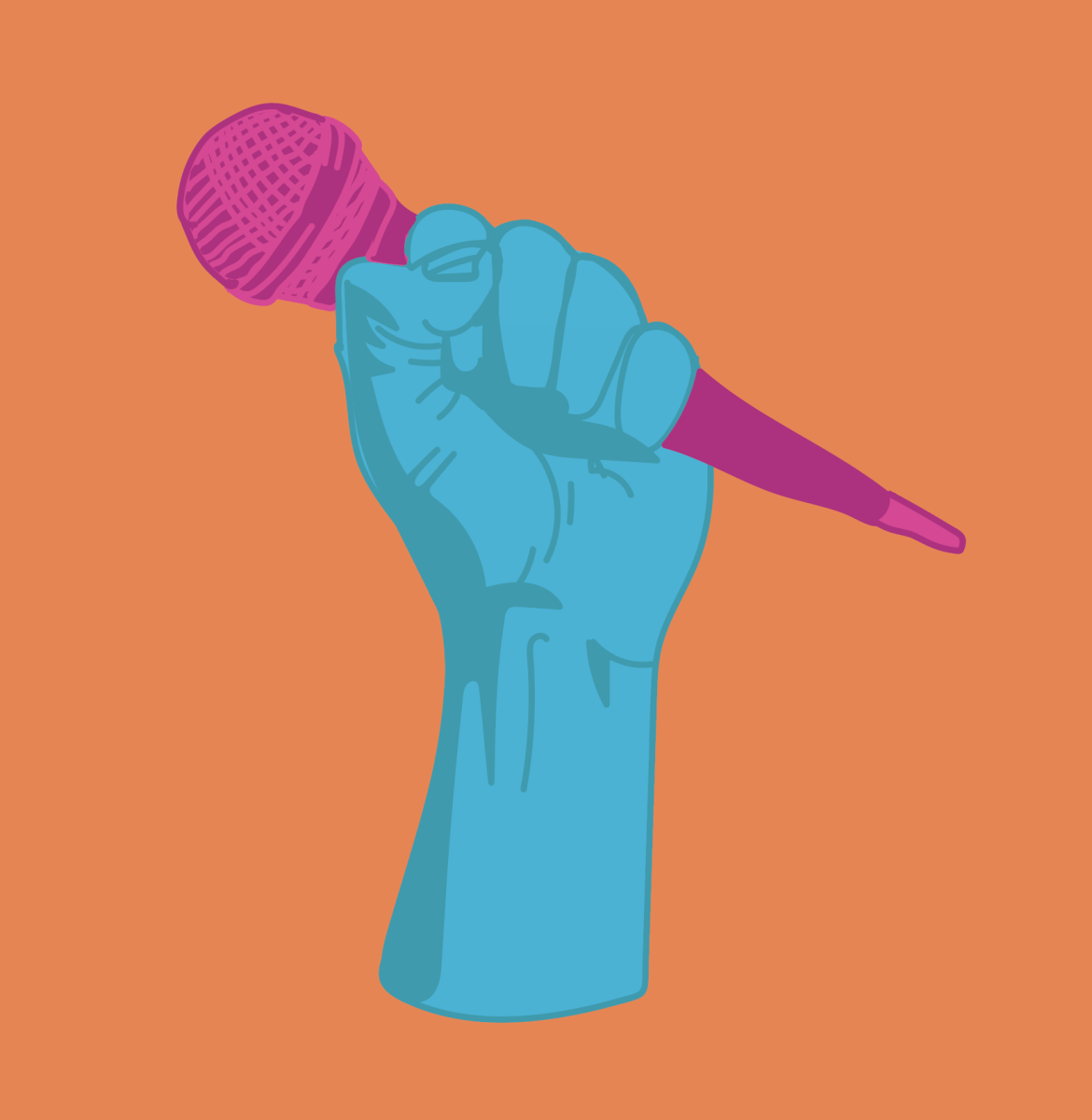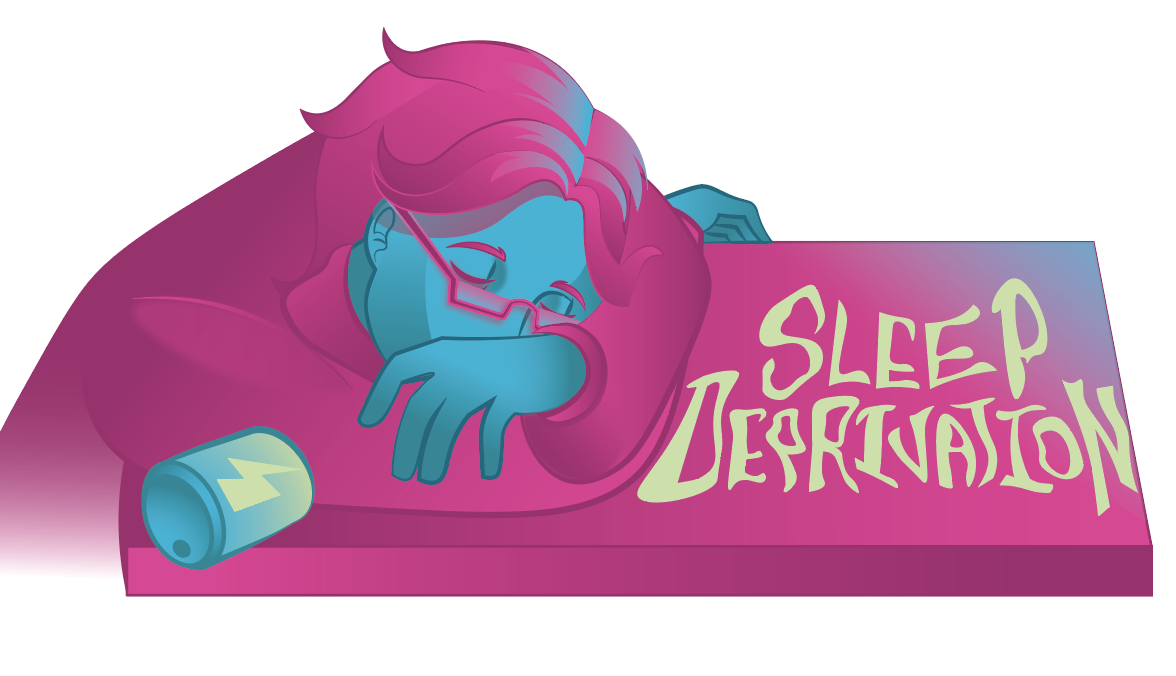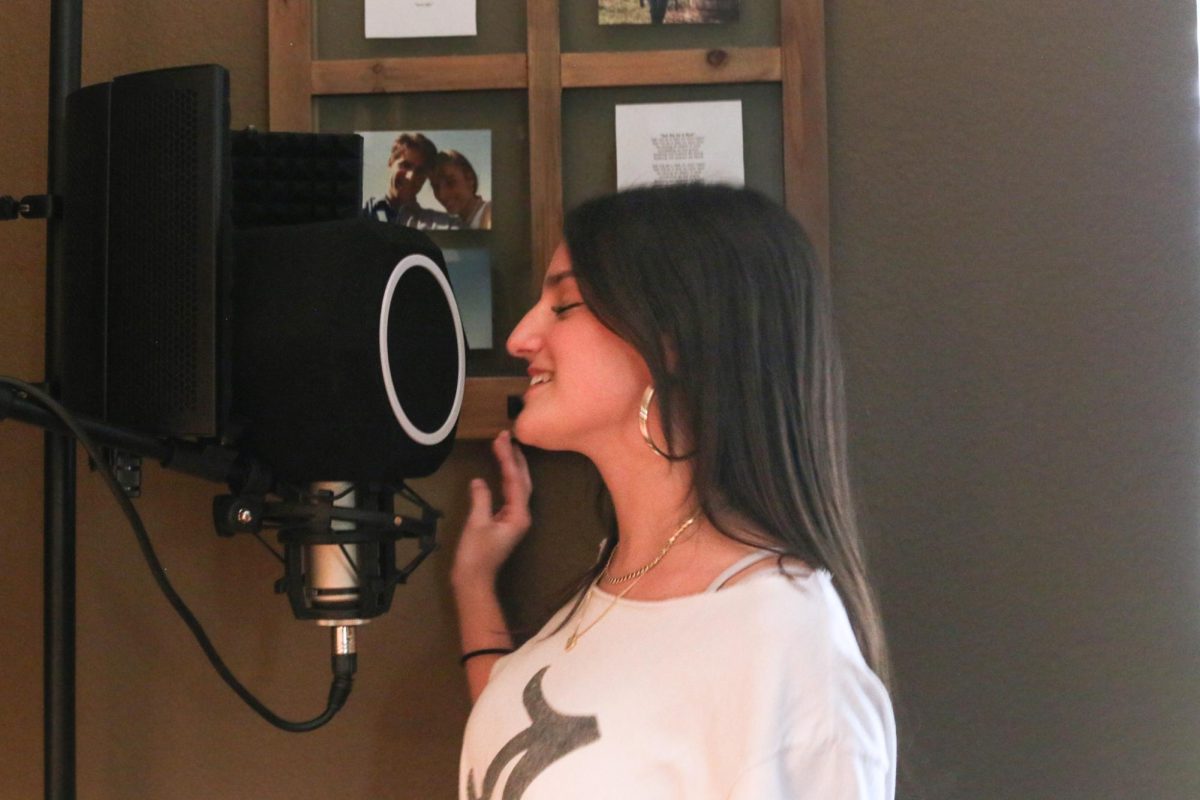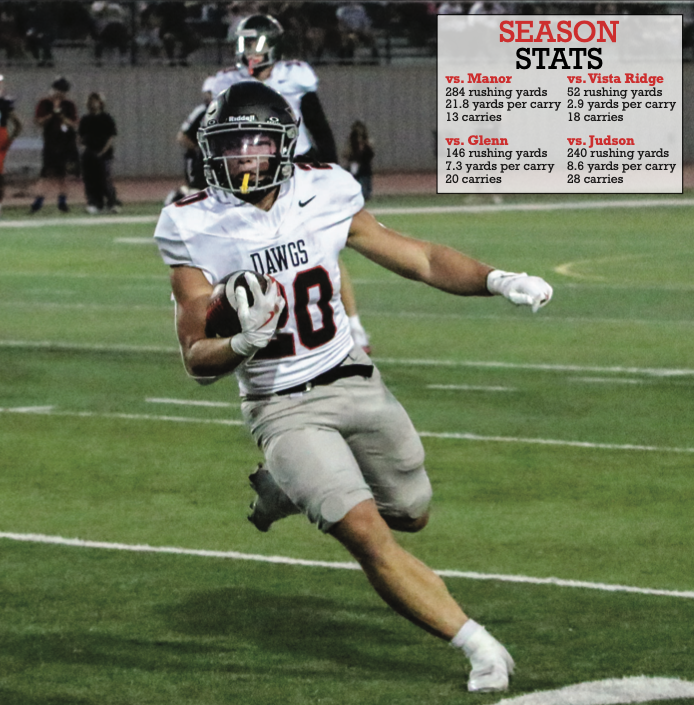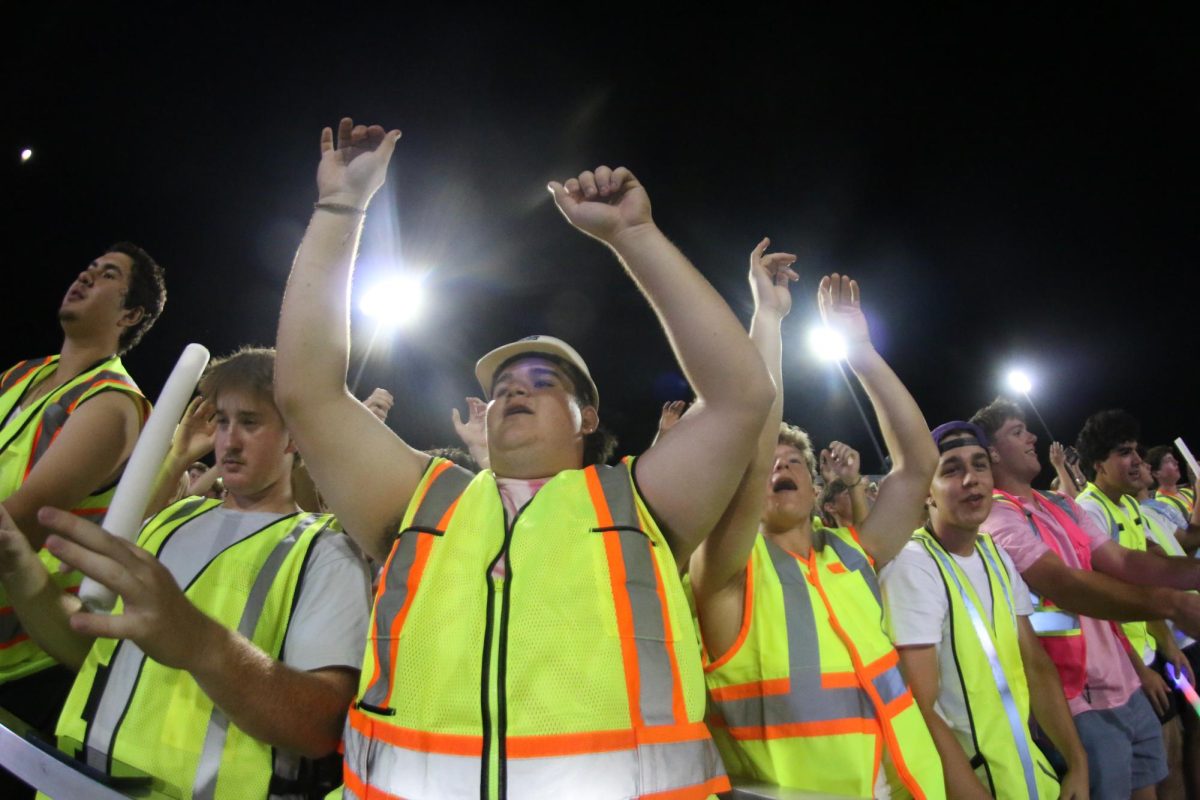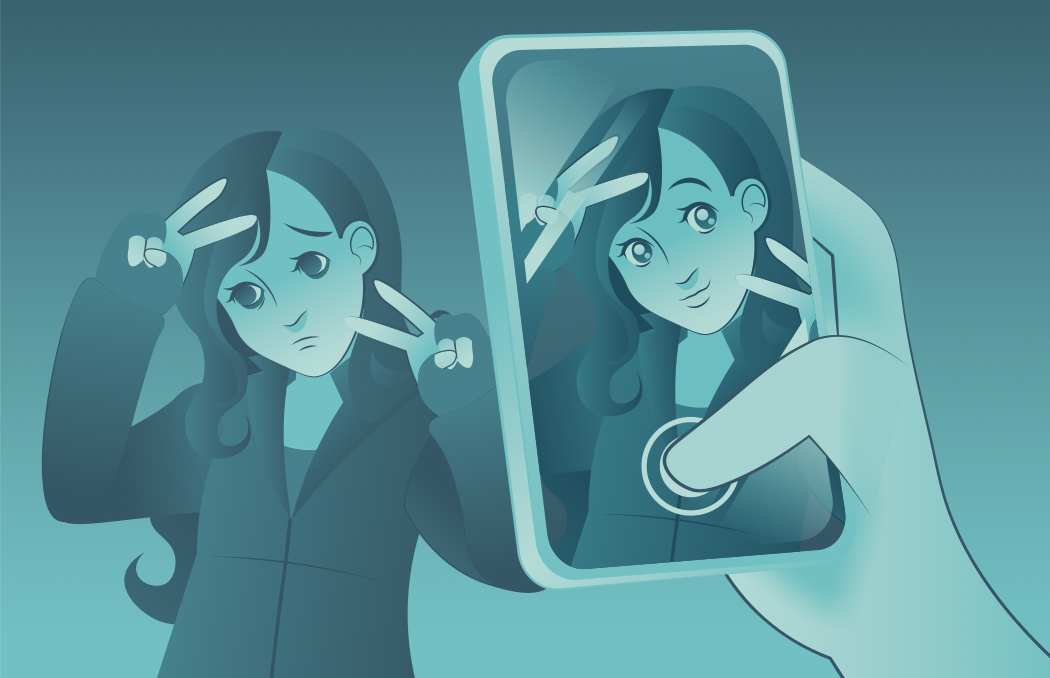A knot growing in their stomach, hands shaking, and sweat running down their neck, sophomore Roni Newsom walks up the stairs to their first period class, on the first day of the new school year. Anxious thoughts run through their mind: Will the teacher ask for their pronouns? What about their preferred name? Will they be accepting?
As Newsom approaches the door, the only sense of consolation is the pride flag hanging above the classroom entrance.
RISING LEGISLATION
According to the American Civil Liberties Union (ACLU), in 2023, a total of 510 bills were introduced in the United States which would negatively impact the LGBTQ community. As of March 15, 2024, 479 bills have been introduced, setting a precedent for the remainder of the year. 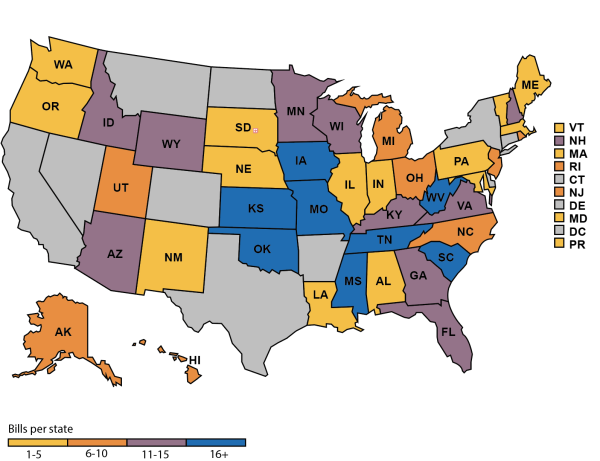
“It just makes me feel hopeless, and wonder what the future is going to look like,” senior Clyde Warren said. “I feel like especially in Texas and the south, LGBTQ rights are not respected by people or the government, who are constantly trying to pass bills to limit our rights. It’s not right and it makes me wonder, what is the future going to be like, if this continues?”
According to the ACLU, 190 of the bills introduced thus far in 2024 target education, through censoring curriculum, forced outings in school, bans on school facilities and sports, and more.
“I’m in touch with a lot of students who are LGBTQ and would be impacted by these bills,” Gender and Sexuality Alliance (GSA) sponsor Jacob Morgan said. “Frankly, they’re very worried about it. These are students who tend to deal with more bullying, more harassment already, so it’s only going to make that worse. As an educator, my number one job is to make sure students feel safe in the classroom, and this gets in the way of that.”
STUDENT SAFETY
On Feb. 7, 2024 a queer student in Oklahoma died following what was cited by police as a physical altercation in a high school bathroom. According to the New York Times, witnesses of the incident state that the student killed was assaulted for their gender identity, ultimately reigniting criticism of anti-transgender laws in the state. This event has sparked unrest among members of the LGBTQ community, with many people fearing for their own safety.
“To hear that something so terrible happened and there’s not much being done to punish the perpetrators is heartbreaking,” Warren said. “It’s just really disgusting, especially the people on social media saying that the student deserved it. It’s really heartbreaking. It makes me feel less safe. Living in Austin, I feel like I don’t need to worry about my safety as a trans person. But then I hear stories like this one, and I think “dang, maybe I do need to worry.” It’s really scary. It makes me feel like trans people don’t belong in society, and that’s just not the case. We belong everywhere.”
Not only are students apprehensive of the potential harassment they could face inside school bathrooms, faculty also acknowledges the anxiety queer students may be experiencing.
“It was very upsetting to hear about the incident and I thought about all the students that I work with,” Morgan said. “The child involved was not any different than someone you’d see walking the halls of Bowie. I think it’s playing on cultural fears and it’s using people’s base fears or worries in a way that exploits the students, and educators who are just trying to make a safe space for students. It kind of feels like we’re being used as fodder for a bigger political and cultural war going on.”
With these feelings of apprehension growing, students are urging school admin to encourage safety of students in the LGBTQ community.
“I know last year the admin would occasionally send campus security or assistant principals into the all gender bathroom urging people to respect the space and use it wisely,” Newsom said. “While I wish they continued to do this, I know that there are now QR codes where you can directly report incidents happening and there are cameras outside the bathrooms.”
THE IMPACT
 According to the American Psychiatric Association, members of the LGBTQ community are more than twice as likely to struggle with a mental health disorder such as depression and anxiety, as well as substance abuse.
According to the American Psychiatric Association, members of the LGBTQ community are more than twice as likely to struggle with a mental health disorder such as depression and anxiety, as well as substance abuse.
“I mean, this increase in legislation is very devastating,” Morgan said. “I think it is targeting a group that already goes through so much, targeting a group that has a higher suicide rate and a higher murder rate than the rest of the population. Targeting people who in general tend to struggle more and it feels very much like they’re using LGBTQ people as ammunition in a culture war. I think devastated is exactly the word to use for that.”
Queer students on campus are already feeling the effects of the recent events, expressing their fear for their own comfortability and safety on school grounds.
“It would make a lot of people feel unsafe in their own skin and have to hide who they truly are,” sophomore Simone Brock said. “I feel like it could lead to me being overly outed or subjected to bullying and harassment at intense levels for how I identify and who I am. I don’t think there’s enough action being taken to prevent incidents like what happened in Oklahoma. I feel like if more isn’t done, incidents similar to what happened in Oklahoma could happen in schools all around AISD.”
In addition to the impact that this uptake in legislation will have in educational settings, students are recognizing the effects it may have on their personal lives. According to a survey conducted by Mental Health America, over half the respondents had negative experiences with healthcare and insurance, which deterred them from seeking treatment for mental illnesses, which they are more than two times as likely to experience.
“I’m not yet sure how this legislation would affect me personally, but my mom has several mental disorders that make it very difficult to function,” Newsom said. “So, if there’s less available healthcare for her I imagine it could potentially shorten her life span, because she wouldn’t have access to what she needs to function. It would make my family’s life a lot harder.”
CREATING CHANGE
In efforts to create an inclusive campus, many teachers express their support of the LGBTQ community and are passionate about cultivating a positive learning environment.
“I am really intentional about using genderfree language for all of my students,” English teacher Chelsea McCaffery said. “I make sure to respect everyone’s pronouns and preferred names, and make sure everyone else in class respects them too. Also just having things like pride flags, so students know that this is a place where they can be themselves. It’s my job to fight for them, so I’m going to do that.”
While they appreciate the support of school faculty, members of the LGBTQ community are urging their peers to educate themselves and become more respectful of their classmates.
“Just be aware of trans-phobia and speak out when you see something,” Warren said. “It’s so easy to ignore if someone’s being intentionally rude to a trans person or mis-gendering them. When they see it, people should step in and say something. Even just something small like that can make a huge difference.”
According to a survey done in 2021 by the Gay, Lesbian, and Straight Education Network (GLSEN), 68% of LGBTQ students felt unsafe on their school campus due to their sexual orientation or gender identity. Both students and teachers on the Bowie campus seek to lower this statistic, through fostering respect and inclusivity.
“No one knows more about what’s going on inside of a person, than the person themselves. So, I think listening is so important,” Morgan said. “Supporting every student who may be experiencing bullying is so important. It can be as simple as asking a probing question when someone says something hateful or intolerant or helping somebody pick up their stuff when they drop it. We talk about microaggressions, but I think there are also micro-affirmations, and ways that you can show support and love. Also, join the GSA to promote acceptance on our campus.”
In addition to his focus on improving the safety of students on the Bowie campus, Morgan is encouraging queer students like Newsom, Brock, and Warren, who may be struggling to look towards the future with optimism.
“I think that hopelessness is a thing that can be weaponized against people. And I think that hope is in itself an act of defiance to that,” Morgan said. “I want people to stand strong and be hopeful, and to know that we’re in it for the long run, and it’s going to get better.”






